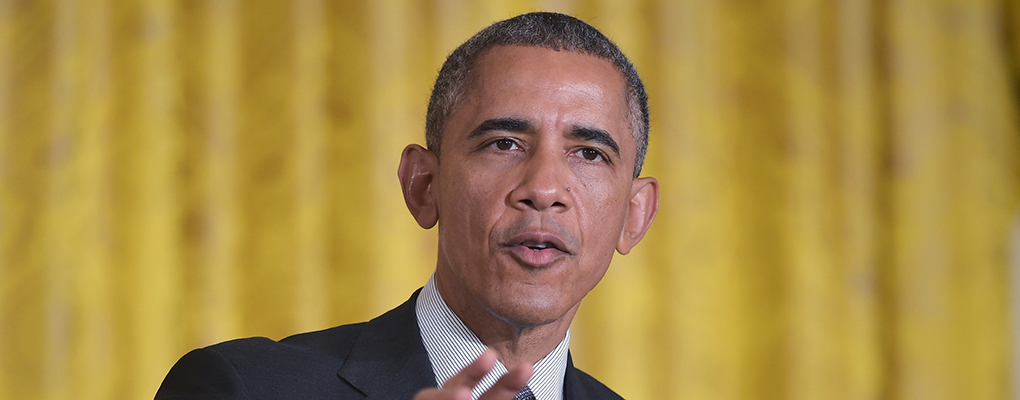
The White House announced on February 1 that President Obama’s 2016 budget will include plans to impose a tax penalty on US cash piles stashed abroad. The proposal again underlines the president’s longstanding commitment to clamp down on tax loopholes and level the playing field for local and international businesses.
The changed regime will impose a one-off 14 percent tax rate on any overseas profits, followed by a permanent 19 percent rate on any future overseas profits. The reform marks a significant departure from the current law, which imposes zero penalties on cash piles stashed abroad, given that they’re not brought into the country. The government’s failure to address this shortfall has prompted many a multinational to hoard its profits in low-tax jurisdictions, such as Luxembourg and Ireland, and reduce their corporate tax exposure accordingly.
The undistributed foreign earnings of the Russell 1000 companies tipped the $2trn mark in 2013
The so-called “transition” tax will raise an estimated $238bn, which the administration will then use to plug America’s infrastructure funding gap. Assuming the estimates are accurate, the revamped system should fund approximately half of the government’s six-year plan to restore the country’s roads and bridges.
An Audit Analytics report last year showed the undistributed foreign earnings of the Russell 1000 companies tipped the $2trn mark in 2013, with many US firms eager to escape the country’s 35 percent corporate tax rate – the highest in the OECD. What’s more, the total that year was 12 percent greater than the year previous, meaning that the identification and closure of tax loopholes has become a key priority for both Republicans and Democrats.
Both parties have agreed that the US tax regime is riddled with inefficiencies and that the system serves only to disadvantage SMEs and rob the state of the tax revenue it so deserves. However, any efforts to ramp up corporate taxation will come up against stiff opposition, especially amongst the pharmaceuticals and technology sector, where shifting profits abroad has become commonplace.


